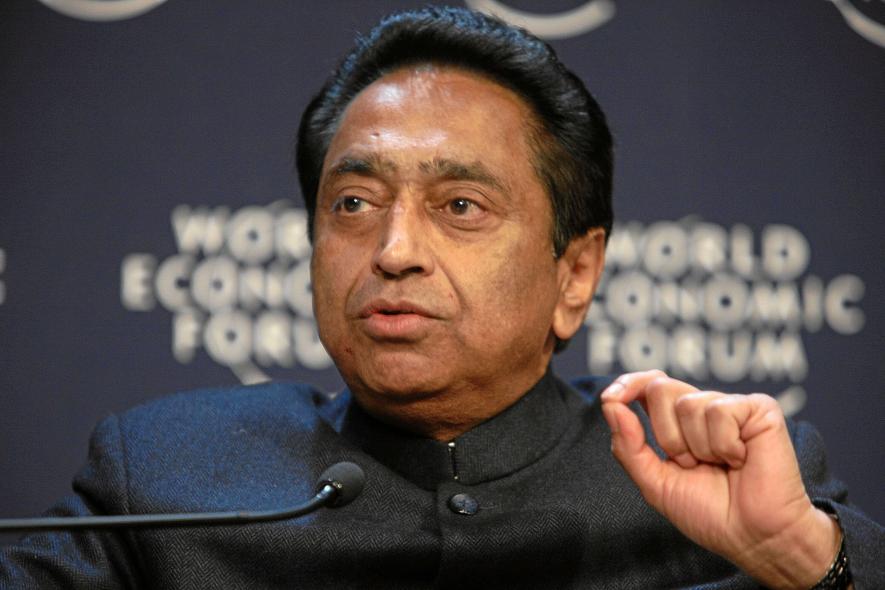Supreme Court Dismisses Petition for VVPAT Verification

Congress leader Kamal Nath at the World Economic Forum in 2008. | Image Courtesy: World Economic Forum
The Supreme Court of India dismissed a petition filed by Congress leader Kamal Nath for directions to be issued to the Election Commission of India (ECI) to publish voter lists in ‘text mode’ and to conduct Voter Verified Paper Audit Trail (VVPAT) verification for 10% of polling stations at random. The petition pertained to the voter rolls in Madhya Pradesh.
Vikas Singh, appearing on behalf of the ECI, told the Bench comprising Justice AK Sikri and Justice Ashok Bhushan, that supplying the names of electors in text form would enable data mining and would violate the electors’ right to privacy, as recognised in KS Puttaswamy v. Union of India. Singh also informed the Court that the text of the lists were being supplied in a Portable Document Format (PDF).
Also Read | Congress and BJP Leaders Toss Charges Over Crucial Evidence in Vyapam Scam
What is curious in the petition is the stand taken by the ECI on publishing the voter rolls in a searchable format. The ECI took the defence of protecting the electors’ right to privacy. However, one week before the Supreme Court dismissed the present petition, the ECI informed the Madras High Court that they had no objection to linking Aadhaar with voter cards. Yet, in the present case before the Supreme Court, the right to privacy – which emerged from the Aadhaar hearings – decidedly trumps the manner in which the rolls are published. Though it is not impossible to create searchable documents once the voter data is published. It becomes an additional irritant as far as political parties are concerned, since people would have to be hired for the task.
Also Read | MP Govt Vows to Constitute Cow Welfare Ministry Before Assembly Election
The petitioner had sought for the documents to be supplied in a searchable text format, since the petitioner alleged that there were duplicate and fake voters in the rolls. The ECI, however, informed the Court that the petitioner had filed their objections with the commission. Acting on the complaint, the ECI began the process of voter verification. The result was that over 24 lakh electors were dropped from the voter rolls.
Also Read | Will Entry of 2 New Parties Tilt the Caste Balance Ahead of MP Assembly Polls?
The petitioner based their claims on Clause 11.2.2.2 of the Election Manual which makes it mandatory for the ECI to publish the voter rolls in text mode. The ECI, however, took the line that text mode does not refer to a searchable text PDF. Instead, text mode refers to the mode of representation. The ECI further stated that since the Election Manual was not an Act, it could always be suitably amended by the ECI to clarify the meaning of words used.
On the second issue of VVPAT verification, the ECI referred to past petitions filed for similar reliefs, all of which had been dismissed by the Court. The Supreme Court accepted the ECI’s position on both issues and the petition was accordingly dismissed.
Get the latest reports & analysis with people's perspective on Protests, movements & deep analytical videos, discussions of the current affairs in your Telegram app. Subscribe to NewsClick's Telegram channel & get Real-Time updates on stories, as they get published on our website.
























